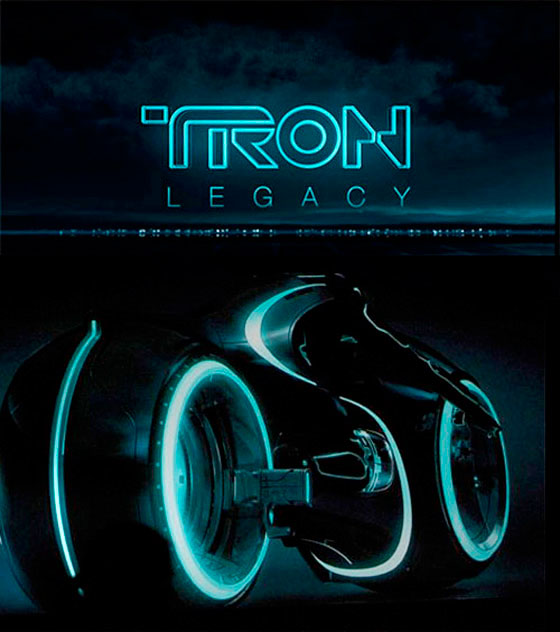Get Out, directed by Jordan Peele, burst into cinematic consciousness in 2017, leaving an indelible mark on the landscape of modern horror films. Peele, recognized primarily for his work in comedy, shocked audiences with this directorial debut, a film that married chilling mental horror with haunting commentary on social realities. Get Out, thus, serves a sobering thread of social consciousness intertwined with the traditional elements of suspense, defying conventional expectations and leaving viewers profoundly riveted.
Centered around Chris, an African-American photographer (played by Daniel Kaluuya), the narrative unfolds with his visit to the secluded family estate of his white girlfriend, Rose (Allison Williams). The plot takes an insidious turn, metamorphosing from a supposedly benign cultural encounter into a ghastly experience of racial objectification and commodification.
Kaluuya’s performance is nothing short of brilliant. His nuanced performance conveys the unsettling experience of being a black man in a predominantly white milieu, catapulting his character into the surreal chasm of psychological distress and chilling horror. Allison Williams, balancing between sincere care and underlying deceit, creates an eerily ambiguous character that stirs tangible discomfort and suspicion.
Jordan Peele’s storytelling prowess is in full display, amalgamating elements of suspense and horror with biting social commentary. The tropes commonly seen in horror films – an isolated setting, hypnotic manipulations, disturbing revelations – are all utilized, but their application to the narrative of racism and discrimination packs a potent punch that transcends traditional horror.
Peele’s treatment of the story operates on multiple levels. On the surface, it navigates the horror genre with apt mastery, but dives deeper into profound themes of racism, objectification, assimilation, and cultural appropriation. He strategically employs subtle but cleverly effective symbolism. One such instance is the use of the ‘sunken place’, a metaphor for the systematic oppression and silencing of black individuals—a place of no return.
The technical aspects of this film are unsurprisingly captivating. The cinematography is smart and effective, with the use of several long, wide shots to increase the uncomfortableness and isolation felt by Chris. Michael Abels’ eerie score further progresses this unsettling atmosphere. The original song “Sikiliza Kwa Wahenga” heard at the start of the film, is an amalgamation of Swahili lyrics and African-American blues and gospel traditions—a constant reminder of the cultural background Chris is rooted in and the painful history of his ancestors.
Controversially gripping, Get Out is not a horror film for the faint-hearted. It isn’t the jumpscares that get you, but the relentless exploration of America’s racial anxieties, which are just as—if not more—terrifying. Peele uses horror as a method to effectively tell a story of racial exploitation, whilst also showing the complacency with which society digests it, making the audience complicit and uncomfortable in their positions as watchers.
Get Out seeks not just to scare but to educate, resulting in a holistic horror experience that tickles the mind just as much as it quickens one’s heartbeat. The lingering dread that haunts your mind long after the film’s end credits roll is not the fear of the supernatural, but the terrifying reality of the systemic racism ingrained in society.
In conclusion, Get Out successfully redefines the conventions of horror cinema, expanding its boundaries by introducing thought-provoking social questions that remain significant in our contemporary world. It’s a thrillingly original and deeply unsettling horror film that cleverly dissects the subject of racism in an unexpected and extraordinary manner. A classic horror film on the surface, but underneath lies a film biting in social critique, Get Out stretches to become a powerful examination of the societal horrors hiding in plain sight.



